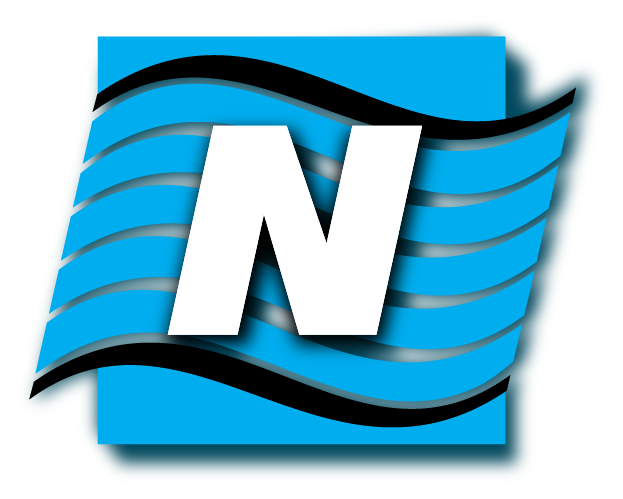
LNG Cargo Operations – SIGTTO Management Level Digital Delivery
Description of the course
Target group
This course is for officers and crew members on LNG Carriers, especially those in charge of planning and carrying out safe cargo operations. The course is also beneficial for anyone in the LNG industry looking to understand cargo operations on LNG vessels better.
This course is for officers and crew members on LNG Carriers, especially those in charge of planning and carrying out safe cargo operations. The course is also beneficial for anyone in the LNG industry looking to understand cargo operations on LNG vessels better.
Objectives of the course
Upgrade and refresh the theoretical knowledge and practical skills of officers working on LNG tankers in liquefied gas tanker design, machinery and systems, management of the systems and equipment, design and operation of control and alarm systems, performance of operations in standard and emergency conditions.
The course will be useful for seafarers who want or already hold the position of officer in charge of cargo operations on LNG tankers.
The Objectives of the training program is to give ships officers and masters all required knowledge, develop skills of operations on LNG tankers.
By the completion of the training sessions the trainee should be able to:
Upgrade and refresh the theoretical knowledge and practical skills of officers working on LNG tankers in liquefied gas tanker design, machinery and systems, management of the systems and equipment, design and operation of control and alarm systems, performance of operations in standard and emergency conditions.
The course will be useful for seafarers who want or already hold the position of officer in charge of cargo operations on LNG tankers.
The Objectives of the training program is to give ships officers and masters all required knowledge, develop skills of operations on LNG tankers.
By the completion of the training sessions the trainee should be able to:
- Familiarize and understand LNG transportation requirements;
- Manage and operate safety systems and equipment;
- Prepare and implement a detailed plan for the entire cargo cycle;
- Monitor and review cargo operations;
- Plan for and manage cargo operations under Non-Standard conditions;
- Plan for and manage cargo operations under Emergency conditions;
- Develop an Awareness of the Commercial Aspects of LNG Transportation.
Duration of the training course
The duration of the LNG carrier cargo operations (Deck Management level) training course is 5 working days.
Training course can be delivered on site (Shore Based Training), distantly (Online Training using webinars) or it could be combined.
The duration of the LNG carrier cargo operations (Deck Management level) training course is 5 working days.
Training course can be delivered on site (Shore Based Training), distantly (Online Training using webinars) or it could be combined.
Price
1650 Eur per person.
1650 Eur per person.
Certificate validity
Unlimited.
Unlimited.
Course contents
LNG carrier cargo operations (Deck Management level) training course covers the following topics:
LNG carrier cargo operations (Deck Management level) training course covers the following topics:
- Rules and regulations;
- Fundamental knowledge and understanding;
- Post dry- dock operations and equipment;
- Detailed Plans for the Cargo Cycle;
- Implement the Plans for the Cargo Cycle;
- Monitor and Review Cargo Operations;
- Drying and preparation of barrier space;
- Inerting Cargo Tanks;
- Inerting Cargo System;
- Plans for and Manage Cargo Operations Under Non-Standard / Emergency Conditions;
- Gas Carriers Principle of design / Tank constructions / Cargo related spaces / Electrical Equipment;
- Detailed Plans for the Cargo Cycle;
- Commence Gassing up;
- Cooling down;
- Plans for and Manage Cargo Operations Under Non-Standard / Emergency Conditions;
- Procedures and equipment for transfer of cargo;
- Ship and Shore Preparation / Safety Procedures;
- Normal voyage cycle and equipment;
- Detailed Plans for the Cargo Cycle;
- Commence Loading;
- Complete Loading;
- Cargo management;
- Specific features and commercial implications;
- Ship to ship operations;
- Commence and complete discharging;
- Fire / Environmental considerations;
- Pre-docking operations and equipment;
- Pre-docking operations.
Entry standards
- Seaman’s book, demonstrating that have necessary requirements - sea service, or letter of sea service approved by the company;
- Certificate of completion of Advanced training for liquefied gas tanker.
Location
Digital delivery and onsite training is available
Digital delivery and onsite training is available
Training approaches and equipment
This course provides a comprehensive approach to learning, combining online lectures and presentations with hands-on training on the Liquid Cargo and Ballast Handling Simulator. The course includes written practical tasks, group work, demonstrations, and presentations.
This course provides a comprehensive approach to learning, combining online lectures and presentations with hands-on training on the Liquid Cargo and Ballast Handling Simulator. The course includes written practical tasks, group work, demonstrations, and presentations.
Approval
Upon course completion the delegate will receive a certificate in compliance with SIGTTO LNG Shipping Suggested Competency Standards issued by Novikontas Training center and approved by DNV.
Upon course completion the delegate will receive a certificate in compliance with SIGTTO LNG Shipping Suggested Competency Standards issued by Novikontas Training center and approved by DNV.

Course limitations:
Number of participants in one group should not exceed 6 persons.
Number of participants in one group should not exceed 6 persons.
Meet the Experts Behind This Course
You might also be interested in following courses:
Check the course days on our calendar
Contact us

